Apr 2, 2024 12:59 PM
Saxophonist, Sonic Explorer Casey Benjamin Dies at 45
Casey Benjamin, the alto saxophonist, vocalist, keyboardist and producer who stamped his distinctive sounds on the…
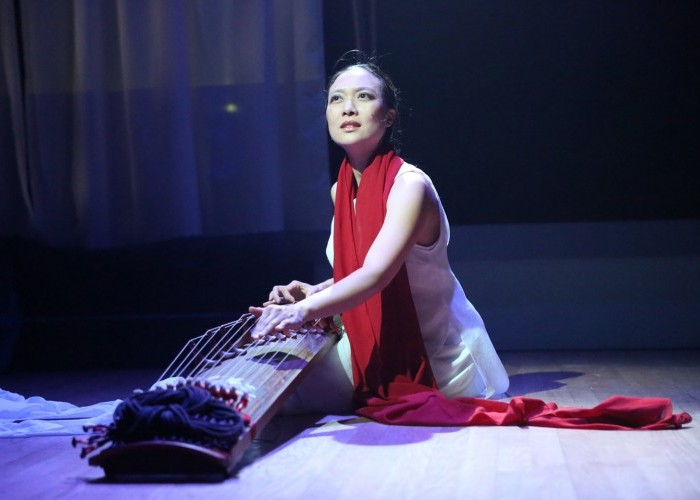
“It’s always been there,” multi-instrumentalist and vocalist Jen Shyu said about a wave of vitriol aimed at Asian Americans during the coronavirus pandemic. “These events, they’re just an excuse for people.”
(Photo: Steven Schreiber/pirecordings.com)Jen Shyu is singing over the phone.
It’s a song based on a middle-school diary entry that describes her heart breaking as Shyu realizes how she was seen as different from her classmates: “Dear Diary II, 10:46 p.m., Friday. An 8th grader called me a ‘chink.’ ... I felt degraded and confused ... . Why is there racism?”
As one of only two students of Asian descent in her age group at school, the multi-instrumentalist and vocalist was mercilessly teased for most of her young life. “Basically, by 6th grade,” she recalled, speaking by phone from Queens, under mandated COVID-19 isolation along with a sizable portion of the country, “no one would talk to me. ... [W]hen I won the spelling bee, everyone booed.”
For Shyu, a second-generation American from Peoria, Illinois—whose family has roots in Taiwan and East Timor—she hears echoes of the taunts she endured as a child in the recent strain of anti-Asian harassment that’s flared up alongside the coronavirus outbreak. Reports of Asian Americans being accused of bringing the virus here or being told to go back to where they came from aren’t hard to come by. People using terms like “Chinese virus” or “Kung-flu” hasn’t helped matters, either.
None of the artists interviewed for this story have experienced overt bigotry related to the pandemic, but each expressed a genuine fear of leaving their homes, due as much to the reported uptick in anti-Asian sentiment as their civic duty to flatten the curve.
“It’s always been there,” Shyu said about the recent wave of vitriol. “These events, they’re just an excuse for people. And then you have the president.”
While President Donald Trump stopped using terms like “Wuhan flu” and condemned the surge in hate-speech and assaults against Asian Americans, it seems as if the message already has been sent.
“President Trump is continually trying to build his white-nationalist base of support by fanning up this hysteria,” said pianist and composer Jon Jang, one of the cofounders of Asian Improv aRts. AIR originated in San Francisco during 1987, and today remains committed to exploring Asian identity within American music, launching the careers of Shyu and other notable improvisers and composers, including pianist Vijay Iyer and koto player Miya Masaoka.
Jang’s combative rhetoric comes from a man who grew up during the civil rights era and was inspired by the writings of Malcom X and Amiri Baraka. He discovered and took to heart We Insist! Max Roach’s Freedom Now Suite, Charles Mingus’ “Haitian Fight Song” and other works that became the soundtrack for the movement.
“I was politicized by the music,” said Jang, who began composing to call attention to issues such as reparations for the internment of Japanese Americans during World War II, and the murder of Vincent Chin, a Chinese American who was targeted by disgruntled auto workers blaming Japan for economic hardship in the 1980s. Jang sees the current antipathy toward Asian Americans as part of a long history of anti-Asian hysteria in the U.S. that dates back to the mid-1800s.
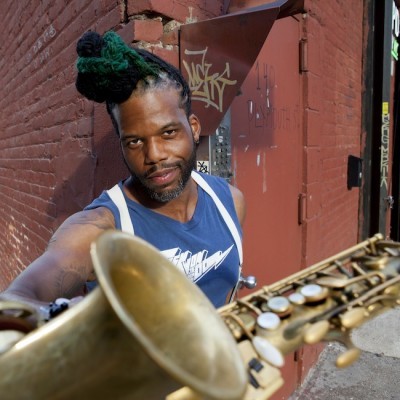
Benjamin possessed a fluid, round sound on the alto saxophone, and he was often most recognizable by the layers of electronic effects that he put onto the instrument.
Apr 2, 2024 12:59 PM
Casey Benjamin, the alto saxophonist, vocalist, keyboardist and producer who stamped his distinctive sounds on the…
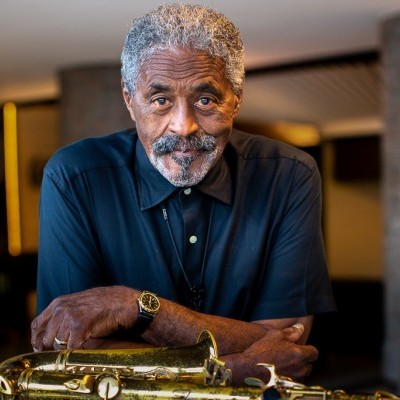
“He’s constructing intelligent musical sentences that connect seamlessly, which is the most important part of linear playing,” Charles McPherson said of alto saxophonist Sonny Red.
Feb 27, 2024 1:40 PM
“I might not have felt this way 30 to 40 years ago, but I’ve reached a point where I can hear value in what people…
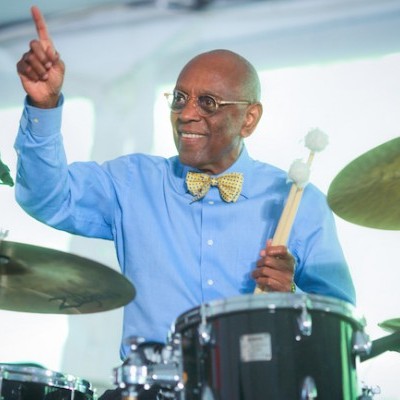
Albert “Tootie” Heath (1935–2024) followed in the tradition of drummer Kenny Clarke, his idol.
Apr 5, 2024 10:28 AM
Albert “Tootie” Heath, a drummer of impeccable taste and time who was the youngest of three jazz-legend brothers…
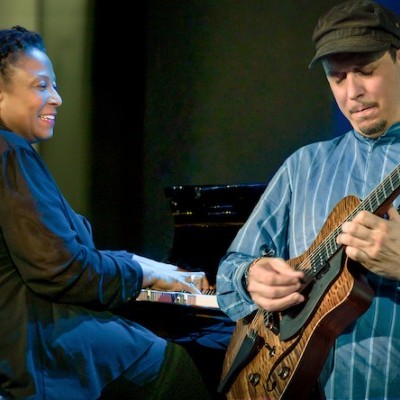
“Both of us are quite grounded in the craft, the tradition and the harmonic sense,” Rosenwinkel said of his experience playing with Allen. “Yet I felt we shared something mystical as well.”
Mar 12, 2024 11:42 AM
“There are a few musicians you hear where, as somebody once said, the molecules in the room change. Geri was one of…
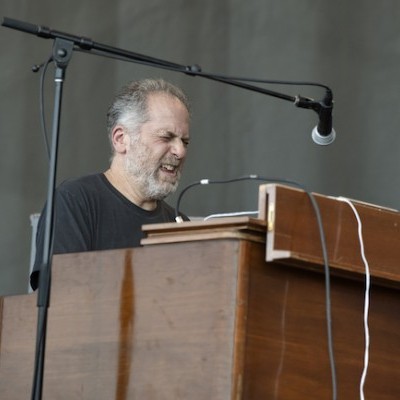
Larry Goldings’ versatility keeps him in high demand as a leader, collaborator and sideman.
Feb 21, 2024 10:45 AM
Are you having any fun? Larry Goldings certainly is. Consider just two recent examples:
Scene 1: “If anyone had…